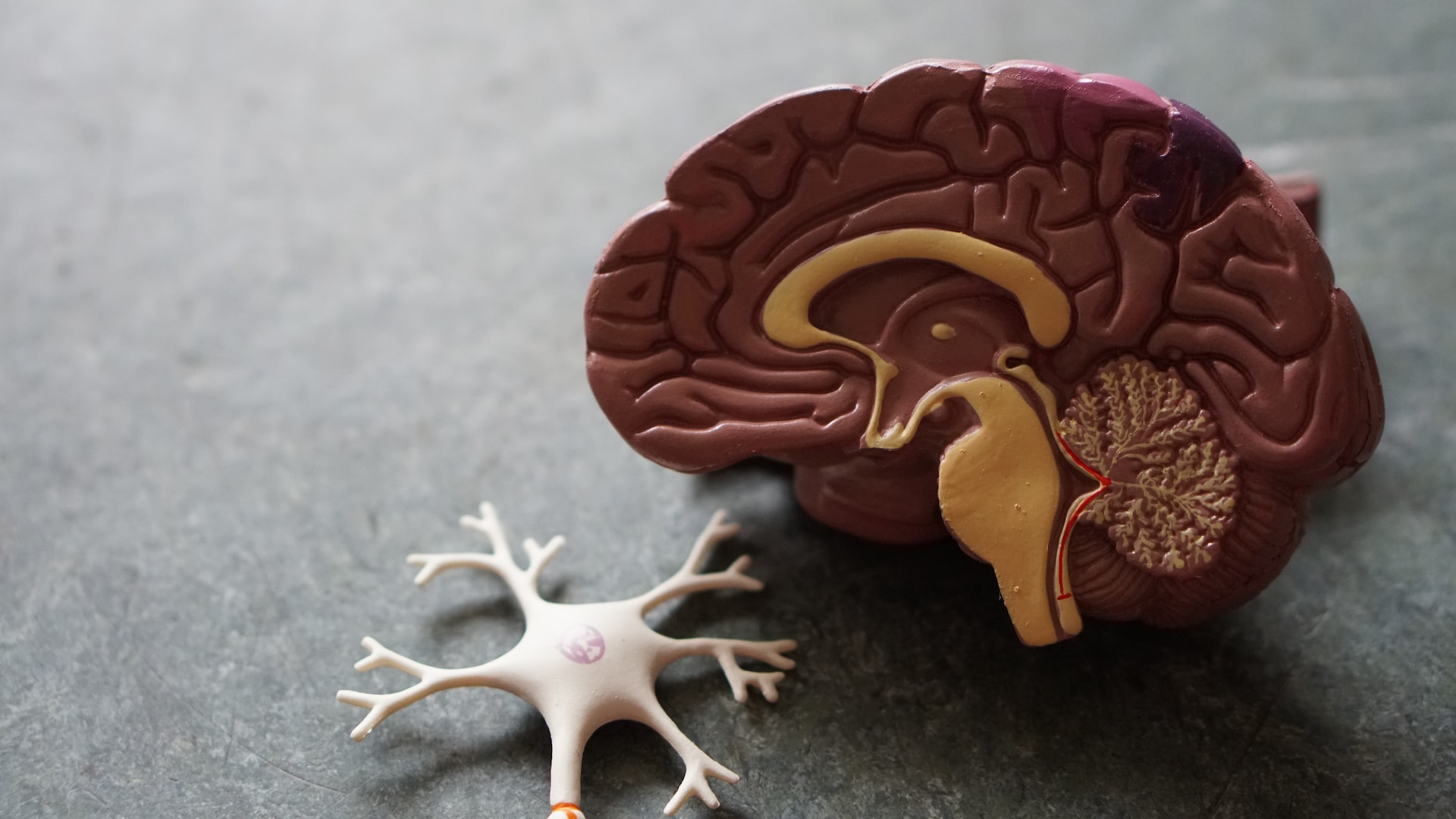The role of occupational therapy in promoting independence
Occupational therapy (OT) is all about helping people do the things they want and need to do every day. Its main goal is to promote independence, meaning it supports individuals in managing their daily activities on their own as much as possible. This can include everything from basic self-care tasks like dressing and grooming to more complex activities such as cooking, working, or socializing.
One of the key ways occupational therapy promotes independence is by focusing on *activities that matter* to each person. Therapists work with individuals to identify what’s important in their lives and then use those activities—called occupations—as tools for therapy. For example, someone recovering from an illness might practice cooking meals or getting dressed independently during sessions. This hands-on approach helps build skills gradually while boosting confidence.
For children especially, occupational therapy helps develop routines that make everyday life manageable and less stressful. By practicing tasks repeatedly with support from therapists and family members, kids learn how to take care of themselves step-by-step. These routines not only improve practical skills but also enhance emotional well-being by reducing anxiety linked to unpredictability.
Beyond physical skills, occupational therapy also addresses social engagement and emotional health. Therapists often incorporate play-based methods or group activities that teach communication, problem-solving, and coping strategies—skills essential for interacting confidently with others in school or community settings.
In cases where physical limitations exist due to injury or disability, OT uses assistive technology like adaptive devices or customized tools tailored to individual needs. These innovations help people perform daily tasks more easily and safely while encouraging autonomy rather than dependence on caregivers.
Overall, occupational therapy empowers people across all ages by enabling them to regain control over their lives through meaningful activity participation. It’s not just about improving function but also about fostering a sense of purpose and satisfaction in everyday living—helping individuals lead fulfilling lives on their own terms without unnecessary reliance on others.





